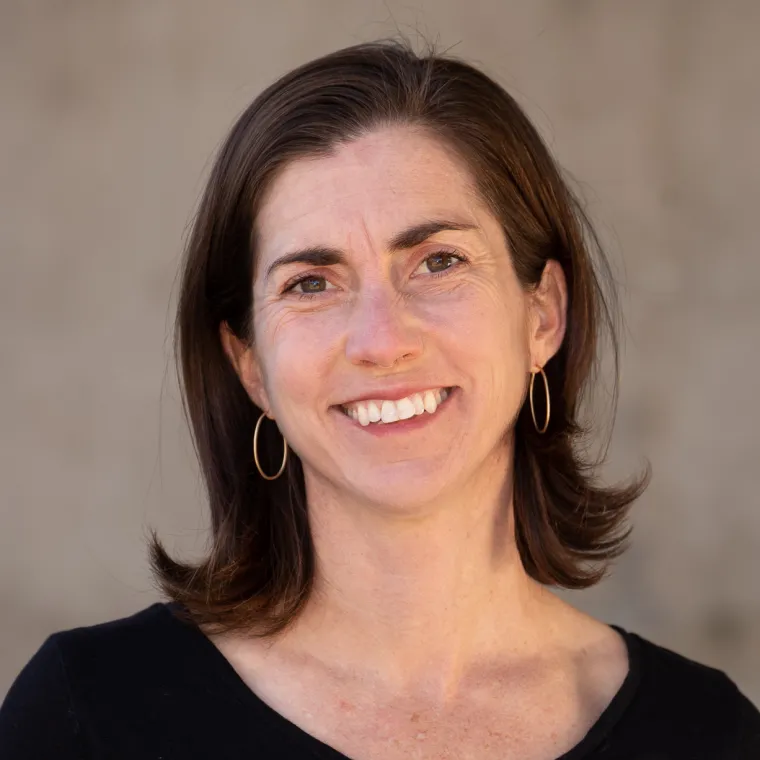Courtney Crosson, M Arch

WONDER HOUSE @ SXSW 2023 Talk:
Net Zero Urban Water Future
Tuesday, March 14, 1 p.m.
Surround Stage
COURTNEY'S TALK, Net Zero Urban Water Future: Reinventing Self-Sustaining Cities in the Southwest
See Courtney's talk on YOUTUBE:
Innovation in urban water systems is required to address drivers of change across natural, built and social systems including climate change, economic development, and aged infrastructure. Water systems are complex socio-technical systems that interact with biophysical systems to supply and reclaim water. I present a vision to enhance urban water system resilience through a Net Zero Urban Water (NZUW) approach, which meets the needs of a given community with a locally available and sustainable water supply, without detriment to interconnected systems and long-term water supply. NZUW is an integrative approach with progressive targets assessed using a quantitative framework to expand adaptive and responsive solutions for urban water self-sufficiency. Decision makers can use NZUW to understand tradeoffs between future interventions to urban water systems across spatial and temporal scales.
ABOUT COURTNEY
Courtney Crosson is a licensed architect, Director of the Drachman Institute, and Associate Professor at the University of Arizona, where she teaches classes on water in the built environment and community outreach studios. Her current research advances decentralized water systems to address pressing problems facing cities—whether water scarcity in the U.S. Southwest or safe and affordable water access in informal settlements in Nairobi, Kenya. Her work has been published in peer-reviewed journals in architecture, engineering and planning. Crosson’s work outside academia spans many scales and locations including Europe, Africa, Asia and North America. She has worked for BuroHappold Engineers in Los Angeles, Foster + Partners in Hong Kong, Muf Architecture/Art in London, Multiplicity in Milan and UN Habitat in a Nairobi informal settlement called Kibera. She has won numerous awards for her teaching, outreach and research.

